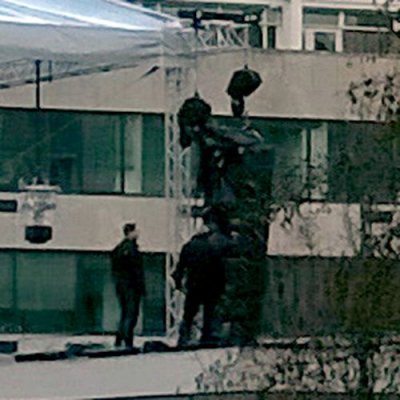I'm fascinated by this stuff, but increasingly concerned that post hoc analysis is being treated as 'settled and exact science', when if fact it's not even close to that.
Agreed ... I've had occasion to extensively use video recording and
post hoc examination to analyze meetings and group decision processes in a research context. At one time or another I've conducted the examination / analysis phase using a variety of conversational / body language / proxemics / etc. approaches.
Each of these approaches focuses on one or another aspect of the subjects' actions and / or interactions. The eventual conclusions I reached from these experiences were:
(a) None of the touted analytical models / frameworks / etc. covered all aspects of the event being scrutinized;
(b) Each of these approaches typically surfaces or highlights interesting stuff (patterns; trends; connections; etc.);
(c) An analyst could be 'fooled' or 'faked out' by adhering too strictly to the tenets of a given framework to the exclusion of what was otherwise obvious from the recordings; and ...
(d) Individual subjects can (and often do ... ) exhibit behaviors, predilections, and / or constraints clearly motivated by personal or situational factors rather than whatever the model / framework would have you presume. (For example, visible discomfort / squirming / perspiration caused by a subject being ill that day rather than lying under great duress.)
I've come to see such approaches as being loosely akin to polygraphy - a narrowly-defined, technically coherent method that can admittedly indicate interesting things, but which is nowhere near as comprehensive nor as precise as its adherents would have you believe.
It's useful stuff, but don't lean too heavily on it ...


